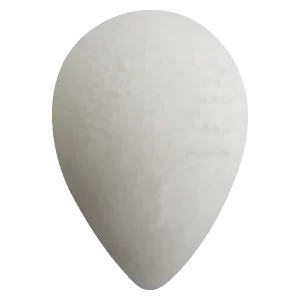Neuroma-bursitis Complex
Description
The neuroma-bursitis complex is a range of forefoot pathologies which arise within the inter-metatarsal spaces of the forefoot. The cause of a Morton’s neuroma or intermatarsal bursitis can range from compression (footwear, bony abnormality, space occupying lesion) or overload (biomechanical causes – calf tightness, forefoot equinus, toe walking)
The key to a successful management is to identify the cause, whether compression or overload, address the cause and offload the inflamed tissue.
Keys to successful management:
Compression
Utilising metatarsal domes or forefoot padding made of poron to distribute pressure and separate the metatarsal heads may effectively offload the inflamed tissue located intermetatarsally.

Forefoot Overload
Reducing calf muscle tightness and ankle joint restriction may be achieved with the use of intrinsic or extrinsic heel raises. By raising the heel of the orthotic, the patient will move through the gait cycle more efficiently and spend less time on the forefoot – ultimately reducing the pressure placed through the metatarsal heads.
Often, metatarsal neuroma / bursitis can be a result of both compression and overload and therefore combining both orthotic modifications may provide a comprehensive and effective form of management of your patients pain.

